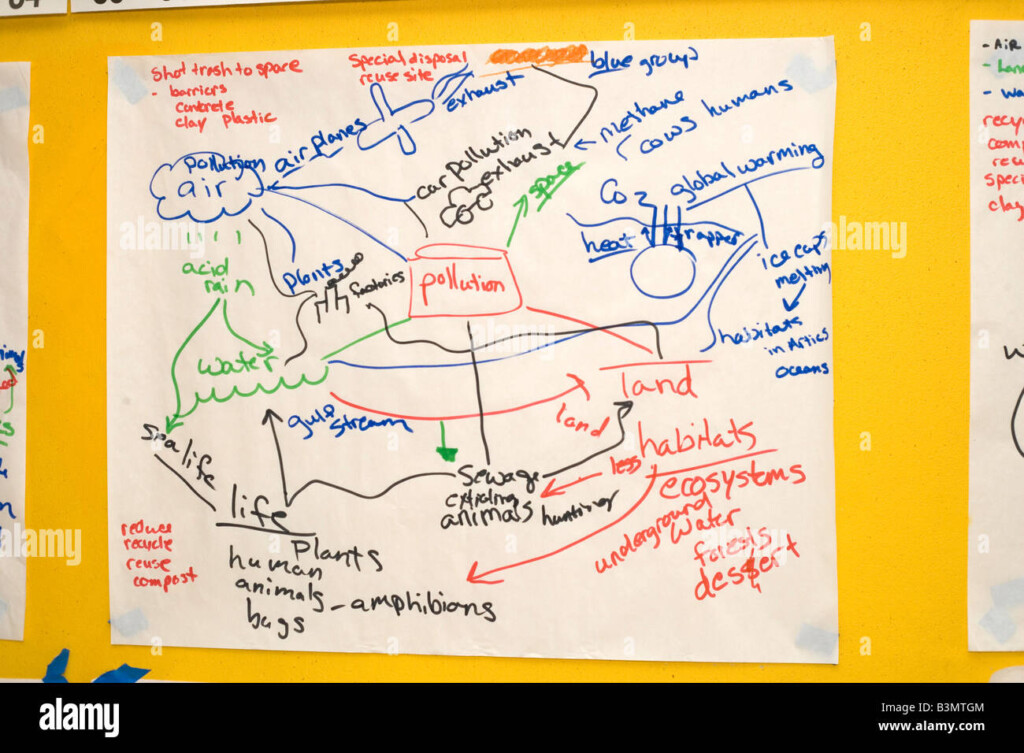Pollution is a pressing issue that affects the environment and human health. Understanding the flow of pollution can help us identify sources, pathways, and potential solutions to mitigate its impact. A flow chart of pollution visually represents how pollutants are released into the environment, transported, and ultimately impact ecosystems and human populations.
The flow of pollution begins with the sources of contaminants. These can include industrial activities, transportation emissions, agricultural practices, and household waste. Pollutants such as carbon dioxide, nitrogen oxides, sulfur dioxide, and plastic waste are released into the air, water, and soil. These pollutants can have a range of impacts, from contributing to climate change to contaminating drinking water sources.
Flow Chart Of Pollution
Transport and Impact
Once pollutants are released into the environment, they can be transported through air, water, and soil. Wind can carry pollutants long distances, water can transport contaminants through rivers and oceans, and soil can be contaminated through leaching. These pollutants can have direct impacts on ecosystems, such as harming wildlife and vegetation, as well as indirect impacts on human health, such as respiratory illnesses and waterborne diseases.
Conclusion
By understanding the flow chart of pollution, we can better address the sources, pathways, and impacts of contaminants in our environment. Implementing policies and practices to reduce pollution at its source, improve waste management, and promote sustainable practices can help mitigate the negative effects of pollution on our planet and health.
